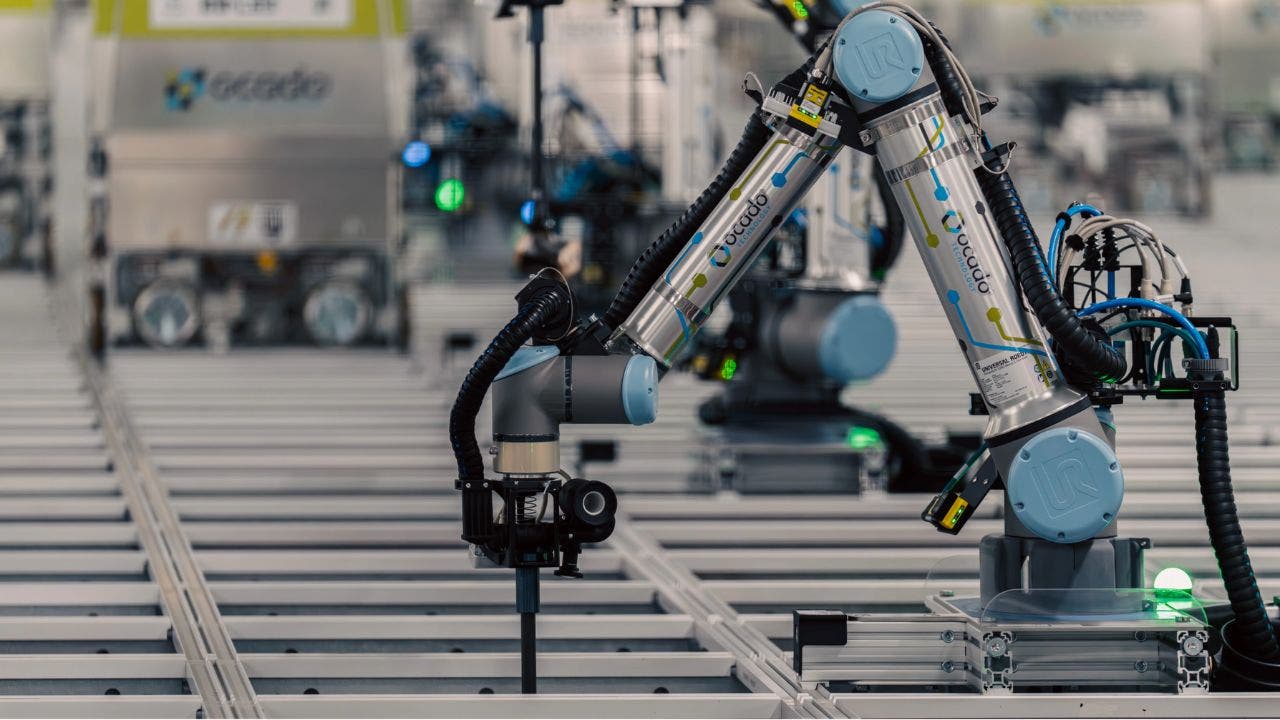Scientists uncover massive collateral damage tied to a routine practice: 'A necessary evil'

For decades, scientists have known that pesticide use negatively impacts many species, including humans, and ecosystems. But new research has found that not only do pesticides harm some species — they harm nearly all of them. What's happening? The study, published in the journal Nature Communications, was conducted by international research teams from the United Kingdom and China. It was one of the largest studies on the broad impacts of pesticide use to date. "Our study provides an unparalleled insight into the consequences of pesticide use on the natural environment globally," co-author Ben Woodcock said in a news release from the UK Centre for Ecology & Hydrology, per Phys.org. Advertisement Advertisement Advertisement After analyzing over 1,700 existing studies of agricultural, commercial, and domestic pesticide use, researchers found that the negative effects were "overwhelming," "wide-ranging," and pervasive across hundreds of species, per the report. These negative effects included impacts on reproductive processes, individual growth, hunting and foraging abilities, metabolism, mating behaviors, and more. In many cases, the use of pesticides leads to premature death and population loss. "It is often assumed that pesticides are toxic primarily to the target pest and closely related organisms, but this is clearly not true," Dave Goulson, another researcher, explained. "Concerningly, we found pervasive negative impacts across plants, animals, fungi and microbes, threatening the integrity of ecosystems." Why are pesticides still in use if they're so harmful? It's clear that widespread pesticide use is a major contributor to the loss of biodiversity around the world. And while this may sound like a vague, undefined issue, it has concrete effects. Advertisement Advertisement Advertisement As the Center for Biodiversity and Conservation, part of the American Museum of Natural History, puts it, biodiversity provides fundamental resources for humans, including food, shelter, fuel, and medicine. "Further, ecosystems provide crucial services such as pollination, seed dispersal, climate regulation, water purification, nutrient cycling, and control of agricultural pests," it states. Yet pesticides are still used, as Woodcock said, because our modern agricultural systems would fail without them. "Pesticides are a necessary evil, without which global food production and farmers' livelihoods would likely collapse," he said. "However, our findings highlight the need for policies and practices to reduce their use." What's being done to mitigate these negative effects? While some pesticides will continue being used, researchers recommended limiting their application as much as possible. This is already being done in many parts of the world; for example, over 10% of agricultural land in the European Union is free from synthetic pesticides. Advertisement Advertisement Advertisement And scientists encouraged farmers to adopt a surprisingly simple technique instead of spraying toxic chemical treatments: planting wildflowers. These support species that naturally eat pests, such as ladybugs and beetles. Similarly, wildlife-friendly landscaping can attract other natural predators, including frogs, birds, and hedgehogs. And Woodcock said that there was "a lot of scope in the future" for incorporating technology into future solutions, such as using artificial intelligence to monitor pests with cameras or developing highly accurate application techniques to avoid unnecessary contamination. Join our free newsletter for good news and useful tips, and don't miss this cool list of easy ways to help yourself while helping the planet.

















